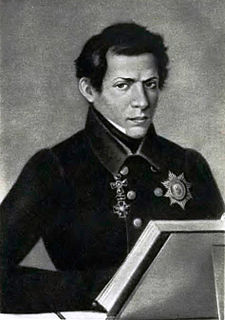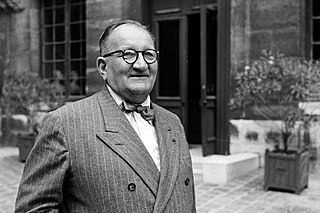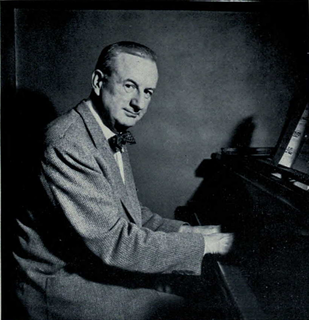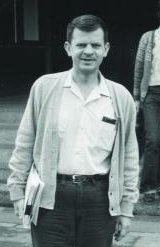A Quote by Nikolai Lobachevsky
There is no branch of mathematics, however abstract, which may not some day be applied to phenomena of the real world.
Quote Topics
Related Quotes
You have this world of mathematics, which is very real and which contains all kinds of wonderful stuff. And then we also have the world of nature, which is real, too. And that, by some miracle, the language that nature speaks is the same language that we invented for mathematics. That's just an amazing piece of luck, which we don't understand.
One might suppose that reality must be held to at all costs. However, though that may be the moral thing to do, it is not necessarily the most useful thing to do. The Greeks themselves chose the ideal over the real in their geometry and demonstrated very well that far more could be achieved by consideration of abstract line and form than by a study of the real lines and forms of the world; the greater understanding achieved through abstraction could be applied most usefully to the very reality that was ignored in the process of gaining knowledge.
In abstract mathematics or abstract art, the purpose is to describe inner states of our mind, and to explore the limits of our own imagination and our capacity for creativity. While this has some applications in the world, I think it leads to a distance from the world. Going to Congo was for me an act of seeking proximity, of breaking that distance. With abstraction, which is brilliant and vain, you divorce yourself from any kind of proximity to other people.
Every man, however hopeless his pretensions may appear, has some project by which he hopes to rise to reputation; some art by which he imagines that the attention of the world will be attracted; some quality, good or bad, which discriminates him from the common herd of mortals, and by which others may be persuaded to love, or compelled to fear him.
Why are there organized beings? Why is there something rather than nothing? Here again, I fully understand a scientist who refuses to ask it. He is welcome to tell me that the question does not make sense. Scientifically speaking, it does not. Metaphysically speaking, however, it does. Science can account for many things in the world; it may some day account for all that which the world of phenomena actually is. But why anything at all is, or exists, science knows not, precisely because it cannot even ask the question.
A chess problem is genuine mathematics, but it is in some way "trivial" mathematics. However, ingenious and intricate, however original and surprising the moves, there is something essential lacking. Chess problems are unimportant. The best mathematics is serious as well as beautiful-"important" if you like, but the word is very ambiguous, and "serious" expresses what I mean much better.
General Systems Theory is a name which has come into use to describe a level of theoretical model-building which lies somewhere between the highly generalized constructions of pure mathematics and the specific theories of the specialized disciplines. Mathematics attempts to organize highly general relationships into a coherent system, a system however which does not have any necessary connections with the "real" world around us. It studies all thinkable relationships abstracted from any concrete situation or body of empirical knowledge.
Mystery is an inescapable ingredient of mathematics. Mathematics is full of unanswered questions, which far outnumber known theorems and results. It's the nature of mathematics to pose more problems than it can solve. Indeed, mathematics itself may be built on small islands of truth comprising the pieces of mathematics that can be validated by relatively short proofs. All else is speculation.
A man's knowledge may be said to be mature, in other words, when it has reached the most complete state of perfection to which he, as an individual, is capable of bringing it, when an exact correspondence is established between the whole of his abstract ideas and the things he has actually perceived for himself. His will mean that each of his abstract ideas rests, directly or indirectly, upon a basis of observation, which alone endows it with any real value; and also that he is able to place every observation he makes under the right abstract idea which belongs to it.
The rejection of all abstract formalism. Materialism reminds every science of its real source: the world men transform. No science can, whether in its history or its object, grasp its own origins within itself or constitute itself as a closed world, exhaustively defined by internal rules. Materialism refers every science and every activity to the reality they depend on, even if this dependence is masked by a great many abstract mediations: mathematics as well as logic, aesthetics as well as ethics and politics.
Like a stool which needs three legs to be stable, mathematics education needs three components: good problems, with many of them being multi-step ones, a lot of technical skill, and then a broader view which contains the abstract nature of mathematics and proofs. One does not get all of these at once, but a good mathematics program has them as goals and makes incremental steps toward them at all levels.





































